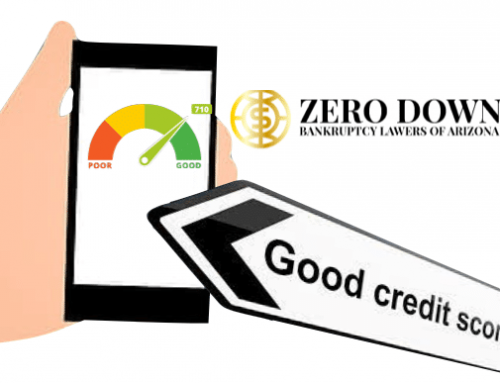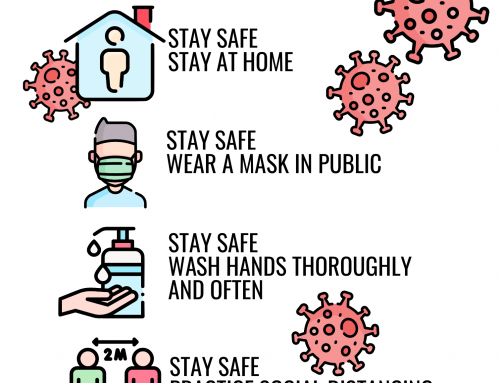The spread of coronavirus is causing Americans to take measures never seen before to protect their health and finances. On March 27, 2020, President Donald Trump signed the Coronavirus Aid, Relief and Economic Security (“CARES”) Act. The CARES Act amends some portions of the Small Business Restoration Act of 2019, which didn’t become effective until February 19, 2020. While most of the Act goes towards saving businesses and the economy, some of its provisions will have effects on the bankruptcy code.

Chapter 13 Bankruptcies- A Chapter 13 Bankruptcy is a 3-5 year reorganization and repayment plan of your debts. Typically, 5 years is the strict upper limit on how long the bankruptcy can last. However, Chapter 13 filers with an ongoing case that suffer a “material financial hardship” due to the pandemic can now extend their plan to last up to 7 years after their first payment was due.
Stimulus Protection- Typically, all income except forms such as Social Security Income are calculated to determine the filer’s eligibility. For some filers who are on the borderline of being disqualified for a Chapter 7 Bankruptcy, a $1,200 check would send them over the limit and force them to file a Chapter 13 Bankruptcy instead. The CARES Act specifies that the upcoming stimulus will not be counted towards income for eligibility purposes or for disposable monthly income calculation purposes.









